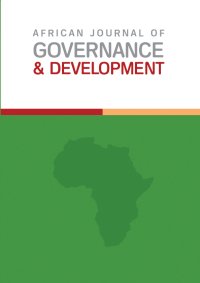The Impact of Staffing Moratoria on the Delivery of Quality Health Care Services in the Department of Health
Main Article Content
Abstract
South Africa by international standards has a poor public healthcare system. There has been a substantial increase in the literature on reforms such as austerity measures to improve healthcare service delivery in government health institutions. The global crisis of
2008/2009 forced the government to implement cost-cutting measures to reduce public expenditure and resolve budgetary pressures, including in the health sector. This paper adopted a mixed method to investigate the impact of staffing moratoria in the delivery of
healthcare services in the Department of Health. 177 survey questionnaires were distributed to healthcare workers and 9 key informants were interviewed regarding staffing moratoria. Quantitative data was analysed using descriptive statistics, Chi-square
tests of association and the Cramer’s V test whilst qualitative data was analysed thematically. The results showed that staffing moratoria resulted in severe staff shortages and the deterioration of working conditions as a result of excessive working hours, job
enlargement, and limited personal development opportunities. Staffing moratoria also promoted distrust between employees and management that furthered job dissatisfaction at the workplace. The paper concludes that staffing moratoria should be supported by a decentralised multi-dimensional approach in planning and implementation to ensure a collective consultative process involving all relevant stakeholders
: ; ; x; ;
Article Details

This work is licensed under a Creative Commons Attribution-NonCommercial-NoDerivatives 4.0 International License.
